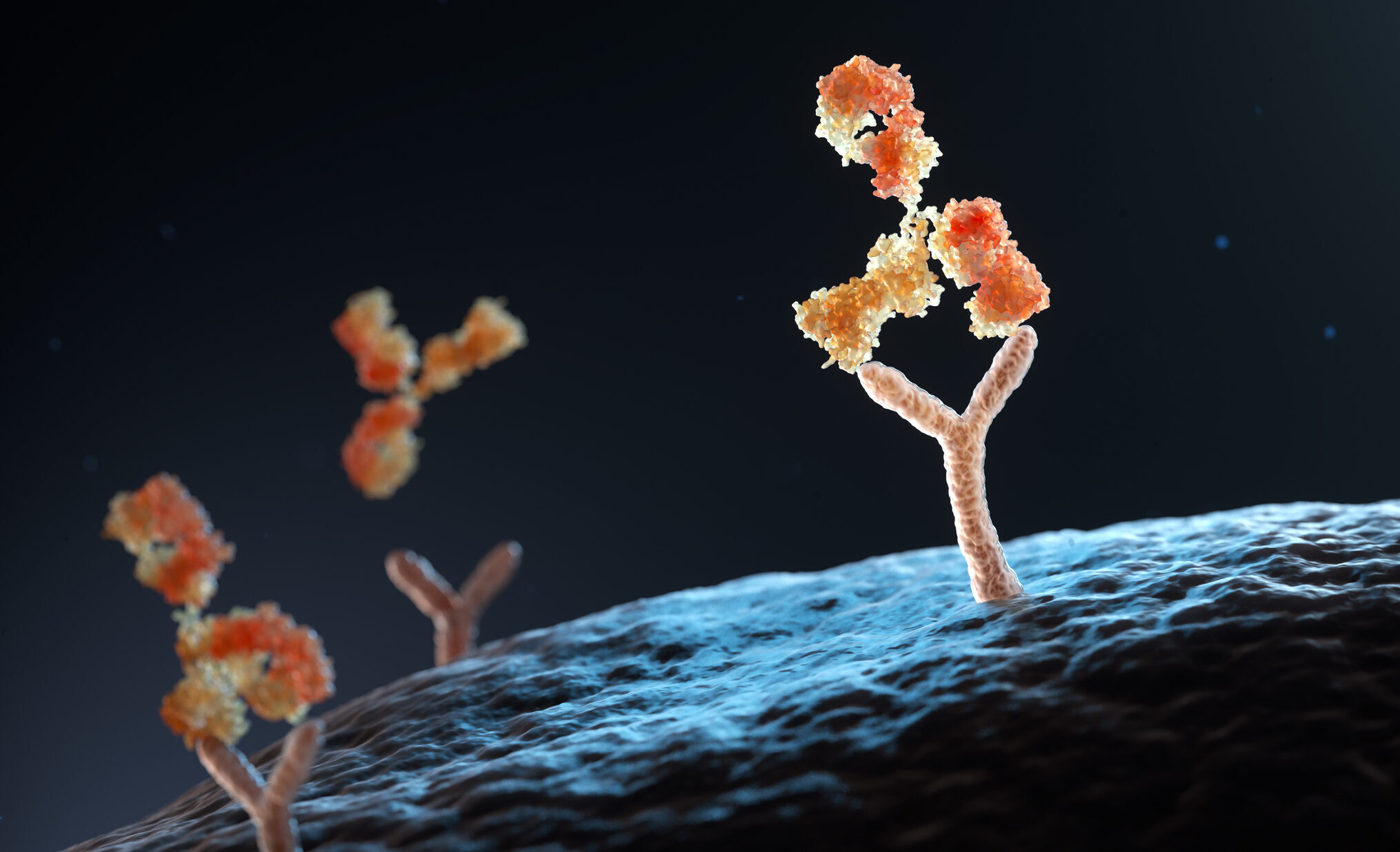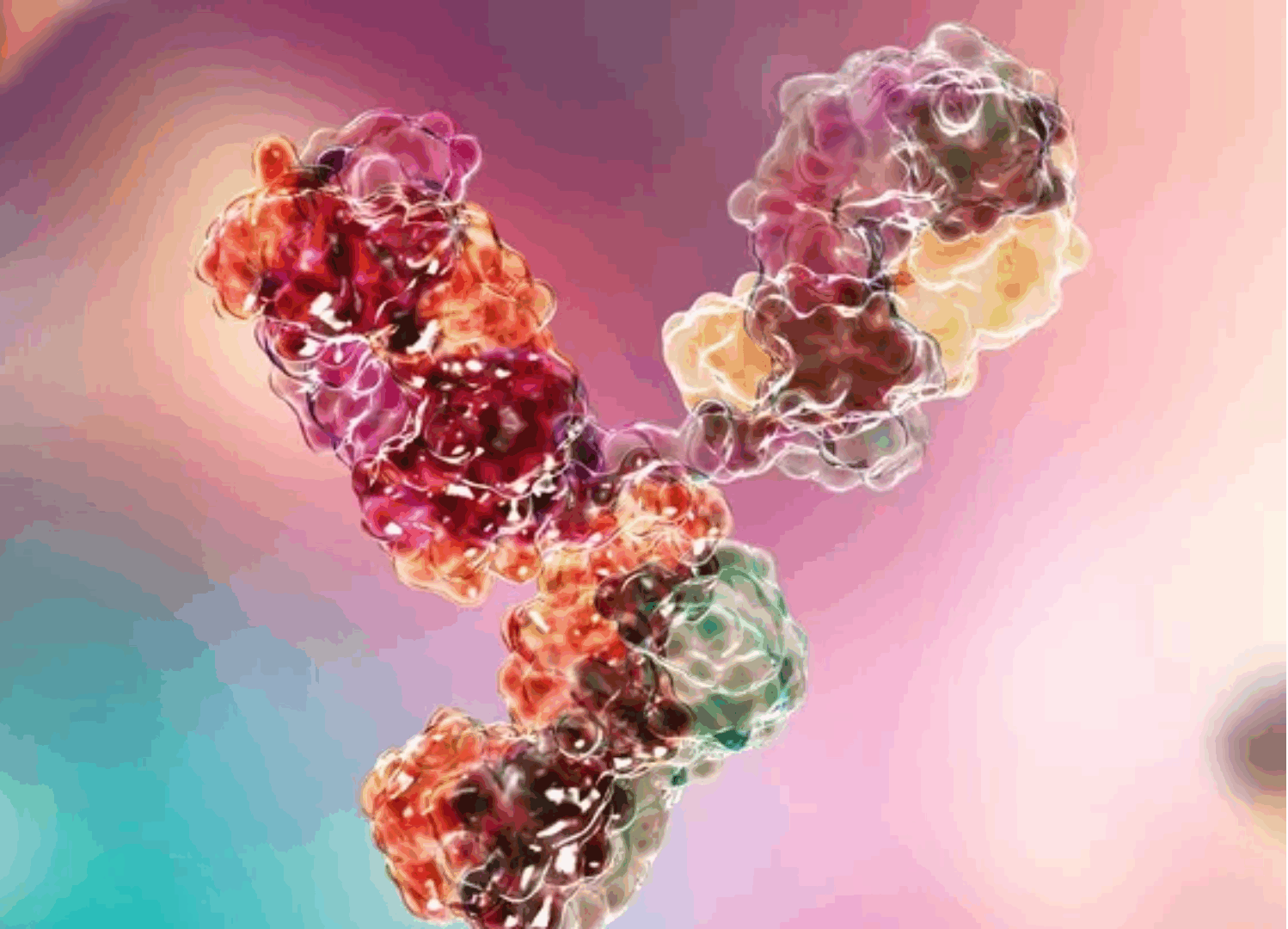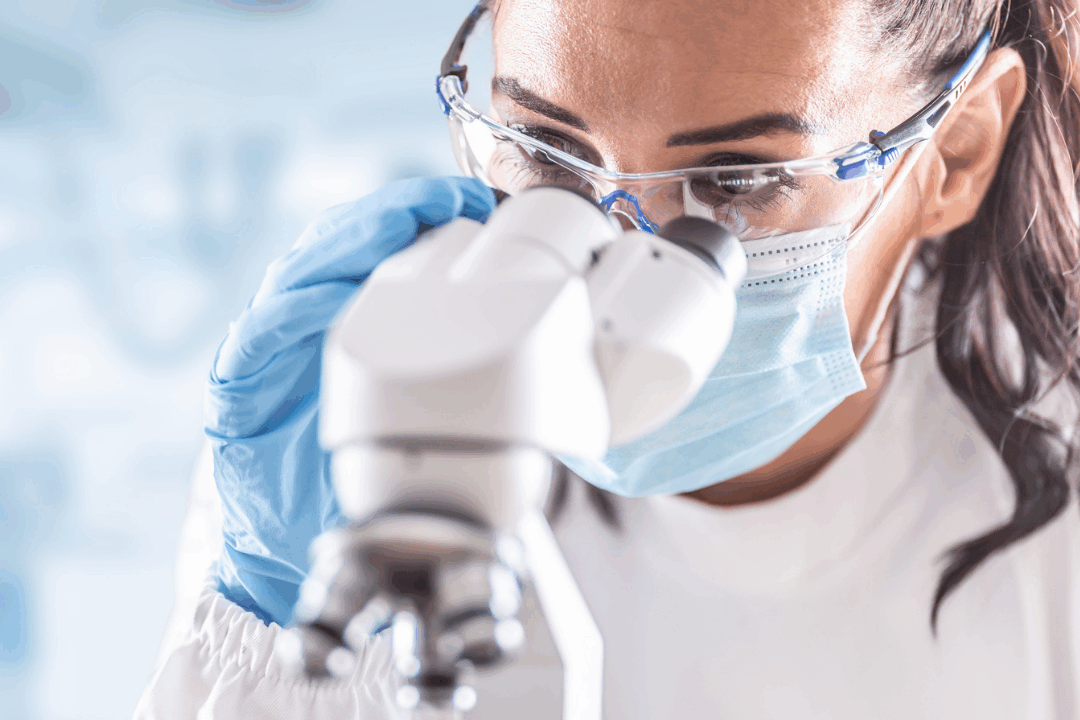Cart (0 Items)
Your cart is currently empty.
View ProductsIt looks like you are visiting from outside the EU. Switch to the US version to see local pricing in USD and local shipping.
Switch to US ($)

Our AI-driven affinity maturation service guarantees a minimum 10-fold affinity increase. In many projects, our optimization process has delivered improvements ranging from 100- to 1,000-fold.
Did you know?
Unlike conventional random mutagenesis approaches, AI-driven affinity maturation is precise and targeted.
Our epitope mapping service removes uncertainty by revealing the exact binding interface between your antibody and its antigen. This detailed structural insight enables rational, structure-guided optimization, ensuring that mutations are introduced where they truly matter.
By leveraging these crucial data, we can guarantee stronger and more reliable affinity improvements.

Predicting a better structure is nice. Demonstrating it experimentally is better. We produce and test the top-ranked variants in vitro, using our proprietary high-throughput antibody production platform to ensure rapid and reliable evaluation.
Based on the results, we either:

Boosting affinity is great, unless it wrecks other critical properties. Thanks to our AI antibody design platform AIxplore®, we ensure mutations preserve or improve:
Our goal isn’t only to make your antibody bind better. It’s to reduce risk and accelerate your path toward clinical phases.

Case report
Case Report: Accelerating neurology diagnostic development with AI-driven Antibody Affinity Maturation

Many AI platforms act like black boxes: you feed in sequences, and out comes a prediction no one can explain. At ProteoGenix, biology comes first. Our models generate biologically interpretable insights instead of cryptic outputs.
What we actually analyze:
From these mechanistic insights, we design optimized sequences for affinity maturation.
In short: an AI built by biologists, for biologists fully aligned with our long-standing expertise in custom antibody development and engineering.
All sequences are yours, with no strings attached.
